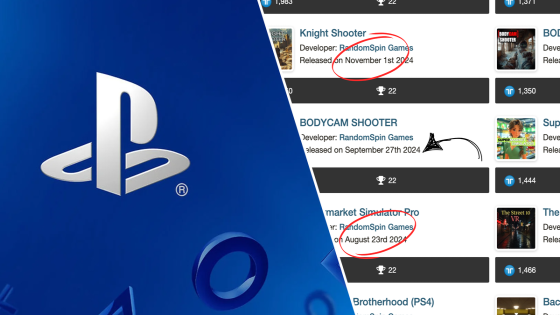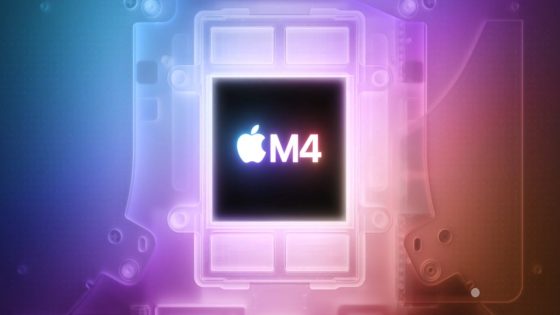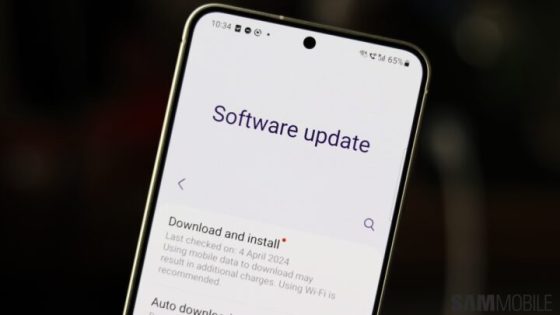On February 10, 2025, Sony took action against “spam” titles on its PlayStation Store. Following an investigation into the prevalence of low-quality games, several titles from questionable developers have been quietly removed. This raises the question: how can players trust the quality of games on digital platforms?
- Sony delists games amid "spam" title concerns.
- Investigation reveals quality control discrepancies.
- RandomSpin Games' titles removed from store.
- Copycat games criticized on Nintendo's eShop.
- Mob Entertainment sues Google over scam apps.
- Misleading artwork spotted in new game releases.
As gamers become increasingly frustrated with shovelware, Sony’s decision to delist these titles may signal a shift towards better quality control. Will other platforms follow suit?
Sony’s Action Against Low-Quality Games Reflects Gamer Concerns
Why is Sony taking a stand against shovelware? The gaming community has voiced concerns about the rising number of spam titles flooding digital stores. By removing these games, Sony aims to restore trust and ensure that players have access to quality content.
Impact of Delisting Games on the PlayStation Store
The removal of low-quality games from the PlayStation Store is significant for several reasons. It not only enhances the gaming experience but also sets a precedent for other platforms. Here’s what this means for gamers:
- Improved game quality on digital storefronts.
- Increased trust in the PlayStation brand.
- Potential for better curation of indie games.
- Encouragement for developers to focus on quality over quantity.
Understanding the Shovelware Problem in Gaming
Shovelware refers to low-quality games that often flood digital stores, making it hard for players to find worthwhile titles. This issue isn’t limited to Sony; other platforms like Nintendo and Google have faced similar challenges. The prevalence of these games can lead to frustration among gamers who seek engaging experiences.
What Gamers Can Expect Moving Forward
As Sony continues to refine its quality control measures, gamers can expect a more curated selection of titles. This could lead to a healthier gaming ecosystem where quality is prioritized. Will this influence other platforms to follow suit and enhance their own quality checks?
Conclusion: A Step Towards Better Gaming Standards
In conclusion, Sony’s recent actions against low-quality games mark a significant step towards improving the gaming landscape. By prioritizing quality, they are not only enhancing user experience but also setting a standard that could influence the entire industry.

































